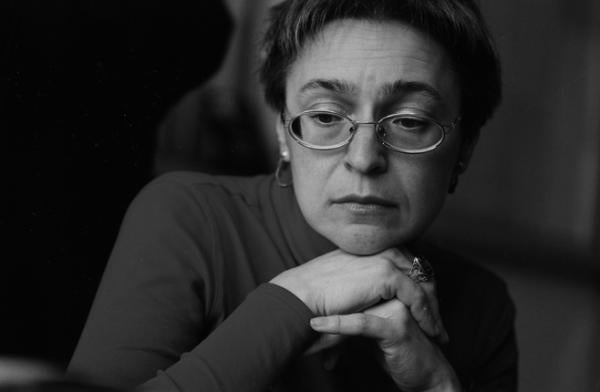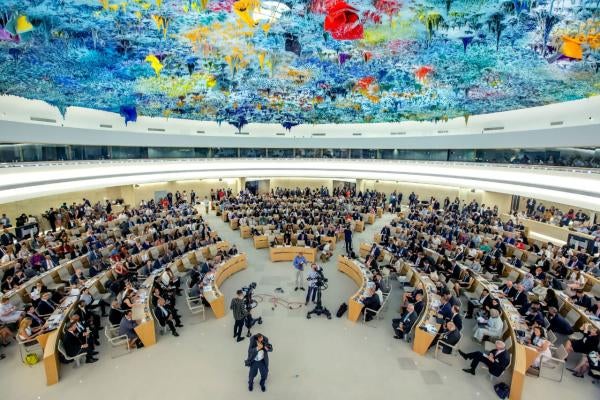Two decades ago, I asked Russian investigative journalist and human rights defender Anna Politkovskaya how she could keep doing what she did.
For her reporting on abuses by Russian forces in the second Chechen War, the military detained and beat her, and subjected her to a mock execution.
“How can you go on with your investigations? Surely you know the military’s intimidation is not just for show, and that they may actually kill you next time, no?”
“Of course,” she replied.
But she saw no choice. The crimes had to be exposed.
Politkovskaya was shot dead outside her apartment on this day in 2006.
This day, October 7, is also Putin’s birthday, and ever since her killing, there has been speculation that the murder was some kind of “macabre birthday present” from zealous henchmen.
I don’t believe human rights defenders like Politkovskaya want to become martyrs. They simply feel the gravity of the issue and become possessed by the historical importance of what they do.
But it’s easy to get distracted by their bravery, when what we should be listening to what they are telling us. We should grasp the message they are risking their lives to deliver – and pay particularly close attention when that message is violently cut short.
I can't help but think that Politkovskaya’s murder was a warning, one of many about Russia’s increasing authoritarianism and crushing of human rights that were dismissed or glossed over by the outside world for many years.
Perhaps if those warnings had been heeded and international pressure applied earlier, the Kremlin’s abuses might have been tamed internally instead of expanding, including in the form of war crimes next door…
Thousands of people might still be alive in Ukraine… Ten million people might not have had to flee their homes… And world leaders might not now be openly talking about Armageddon…




